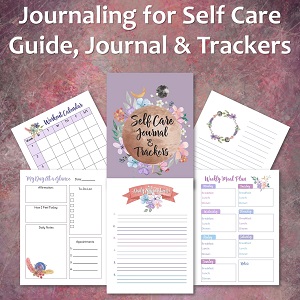 Can you imagine how difficult it would be for you to stay locked away for a long period of time without having any type of social interaction? Most people would be utterly exhausted just at the prospect of enduring this type of loneliness. This is because humans are social creatures and even the most anti-social among us will crave social contact.
Can you imagine how difficult it would be for you to stay locked away for a long period of time without having any type of social interaction? Most people would be utterly exhausted just at the prospect of enduring this type of loneliness. This is because humans are social creatures and even the most anti-social among us will crave social contact.
Our social interactions are dwindling, though, and one of the biggest reasons for this is our reliance on technology. While exchanging texts and emails is convenient and nice, there is nothing quite like enjoying face to face time with a loved one.
Unfortunately, we are driven by social media and instead of meeting up with others we stick our noses in our screens and exchanging pleasantries via the web. Socializing is incredibly important, though, and it can determine your mental health. Just look at how socializing can help your mental health.
1 – Fights Depression
When you are feeling low the last thing you will want to do is head out to meet up with friends. However, socializing with others can boost your mood and help you fight depression. As helpful as internet connections can be, nothing can compare to the boost you get from interacting with people in person.
2 – Improved Sleep
We know that poor sleep patterns can contribute to the rise of stress which can then impact on your mental health. Well, loneliness can be detrimental to your sleep patterns, too.
According to the University of Chicago, people who are isolated socially are more likely to experience a restless sleep. That means you might not even be aware that you’re feeling lonely, yet suffer from the effects of it. The more fulfilling relationships you have with people the better you will sleep thus maintaining your mental health.
3 – Sharper Brain Power
Maintaining active social connections can help keep your brain stay sharp and delay memory loss. Strong connections preserver brain health and it can keep you engaged mentally long into your twilight years.
4 – Increased Productivity
According to MIT, you will be happier and more productive if you take breaks at the same time as your co-workers. So, why not grab lunch with a coworker or meet up with a friend during break. This productivity boost will also help you sharpen your focus and the boost in mood will help prevent mental health issues.
5 – Higher Self-Esteem
One of the greatest results of socializing is the self-esteem boost it gives you. Even if you’re an introvert or just shy engaging in social situations with friends, coworkers, and family can help you develop your self-confidence.
People who are naturally social will notice a stark difference in how they feel when they aren’t actively socializing. However, introverts are more likely to tell themselves they’re happier when they aren’t putting themselves out there in social situations.
An introvert may feel burned out if they socialize too much, but that doesn’t mean that socializing isn’t important. It’s all about finding the right balance for your mental health and your happiness. You can start by encouraging yourself out for just an hour, you can leave at the end of that or stay if you’re feeling comfortable and enjoying yourself.
While it isn’t always right to push yourself to do something you don’t want to it’s equally as important that you know when you should push yourself to engage.
You can solve your discomfort by inviting a friend or two over to have dinner or drinks at your house. Then you can enjoy the benefit of homefield advantage and time socializing with friends.




